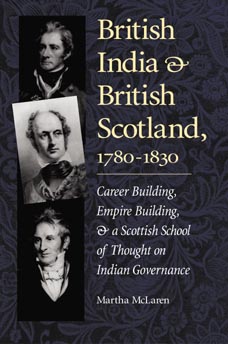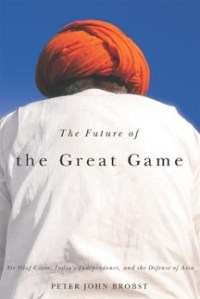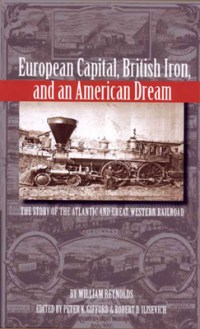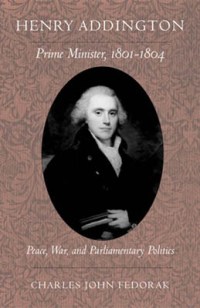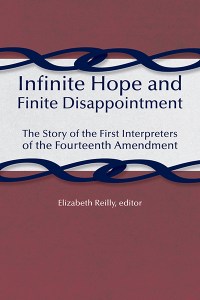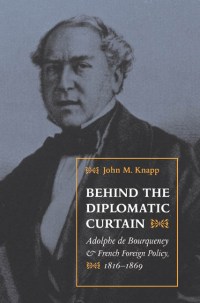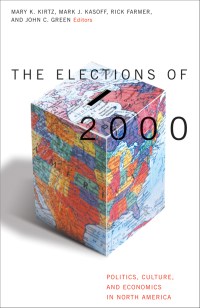Description
At the turn of the eighteenth and nineteenth centuries, three Scotsmen, Thomas Munro, John Malcolm, and Mountstuart Elphinstone, rose in the service of the East India Company to become respected and influential officials. McLaren explores connections between their career building ambitions and their development of strategies of Indian governance based on Scottish enlightenment conceptions of government, religion, law, and political economy. Exploring the interwoven careers of the three men, McLaren presents a new perspective on their use of Indian language skills and Indian knowledge and articulately written reports to gain promotion. This perspective compels a reexamination of the orthodox representation of their school of thought as largely pragmatic and conservative. McLaren’s work will further the understanding of British imperialism in South Asia in the late eighteenth and early nineteenth centuries.
This [book] holds significance for scholars of intellectual history in the fields of both Britain and British colonial India. It shows well how the Scottish educational system, based on the Scottish Enlightenment, shaped the thinking and promotion rate of three important officials in the East India Company throughout their influential careers.
—Michael Fisher, Oberlin College
This is a valuable contribution to the field of British imperialism in South Asia. Scholars interested in the English-Scottish relations during this period, especially as they pertain to the empire, will also likely read this with profit.
—Lynn Zastoupil, Rhodes College
